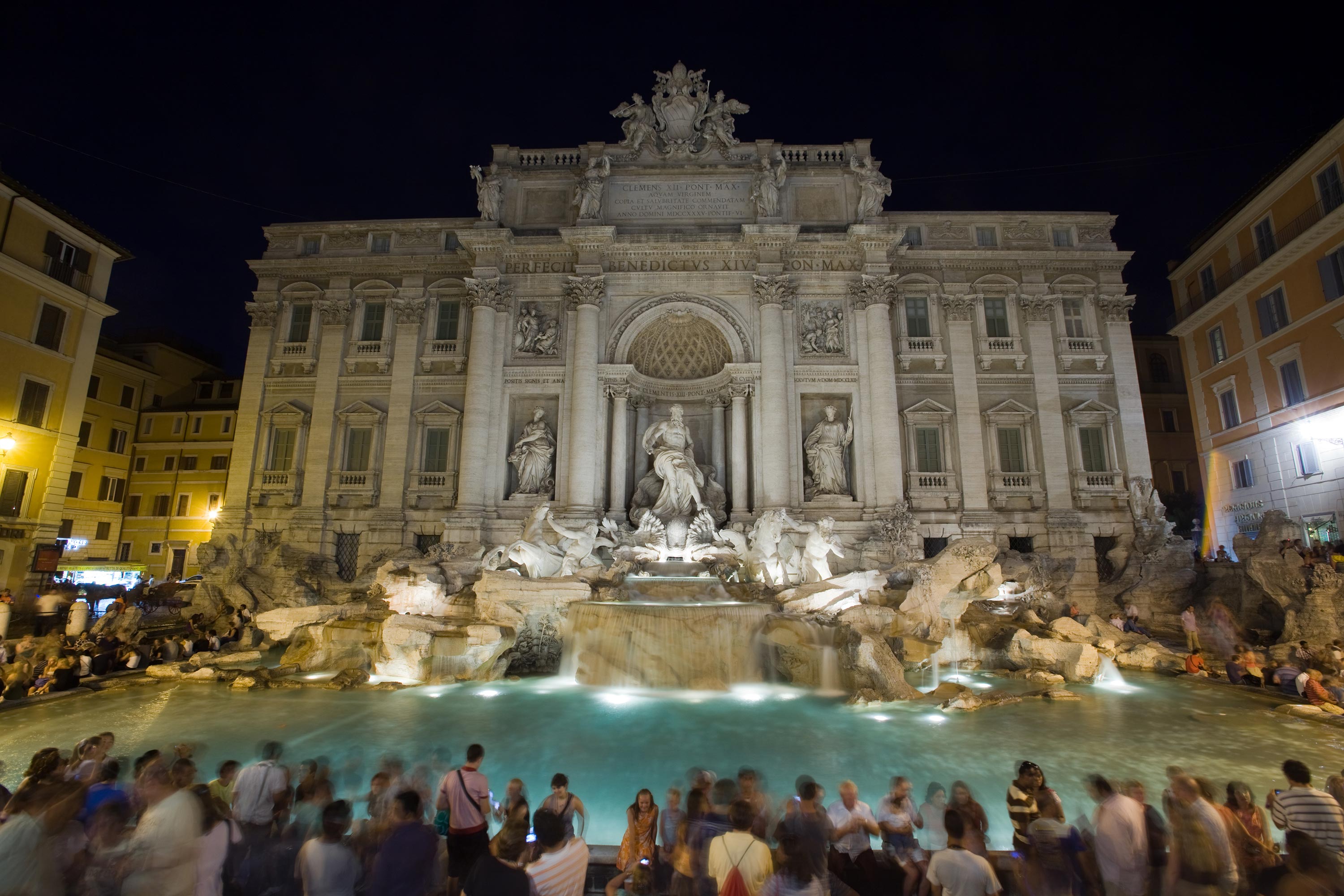
Rome traffic management plans will hurt local business, ETOA survey shows
Tuesday, 8th May 2018
This week the city assembly of Rome (Assemblea Capitolina) are meeting to review a number of regulatory proposals, including those affecting coach access for the city. If approved, implementation is expected in early 2019. Click here for more information.
A recent survey carried out by ETOA indicates that the economic effect on local business will be significant if the new proposals are implemented unchanged. Nearly 70% of operators reported that the new regulation would reduce the number of overnights in Rome they include in their programmes. Nearly 85% reported that the location of their remaining bookings will be affected, with up to 55% of the volume being moved from the new restricted area (Zona C, corresponding to current Centro Storico ZTL). Over 55% of operators reported that there would be a negative impact on restaurant bookings.
Tim Fairhurst, ETOA’s Director of Policy commented: “In terms of strategic capacity management, visitors are not displacing locals in hotels. Limiting access to hotels for groups will make a negligible difference to Rome’s traffic, and overnight visitors account for more spend more than day visitors. If the visitor economy is to remain a significant part of Rome’s strategic plan, the city needs more constructive dialogue between operators, local businesses and policy makers to evolve solutions that suit long-term needs.”
Once introduced, full-size coaches will be fully restricted from the historical centre (designated Zona C). The number of short-stay drop-off / pick-up locations will be increased and the permitted duration of their use increased for some from two to three hours; all of these locations will be outside Zone C. You will find here more information.
Day passes will be available for Zones A and B for vehicles that require access to the city occasionally, e.g. on multi-country itineraries. Access to the Vatican area and around the Colosseum will have a daily cap and will require advance booking; proof of invitation to the Vatican will enable access free of charge, but will not allow stopping to pick up or set down along the way. Some exceptions to access the historical centre will be granted for coaches carrying: school students, people with disabilities and passengers heading towards (or coming from) hotel with 40 or more rooms. However, there will be a daily limit of 30 coaches. Formal documentation available here.
The immense practical difficulties in implementing such a scheme are evident. It is extremely hard to imagine how a daily limit of 30 coaches will do anything other than cause operators to avoid making bookings with suppliers located inside Zone C. The challenge is to manage the city’s infrastructure so that it remains viable for businesses, residents and visitors. Given the lack of sufficient public transport alternatives to private coaches, the new restrictions will be counter-productive.
